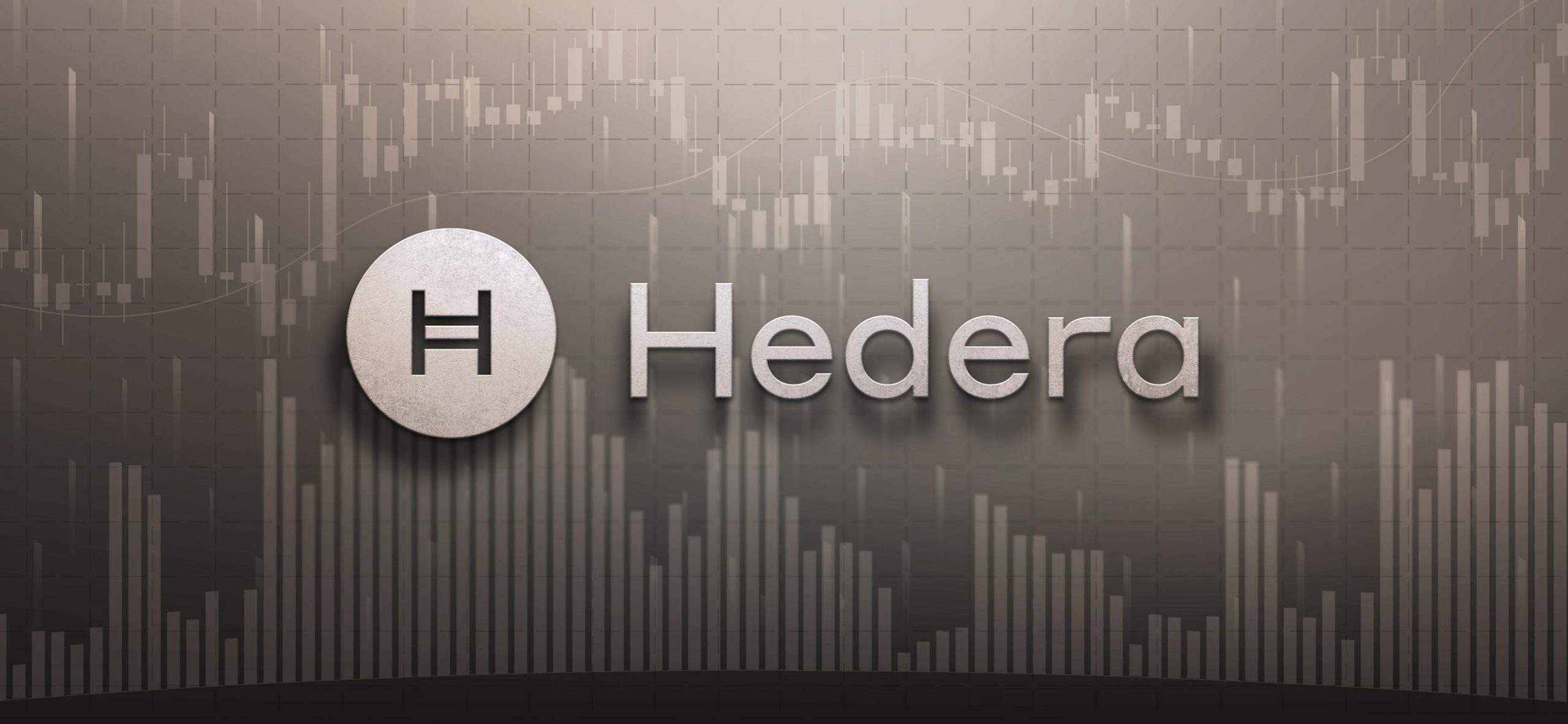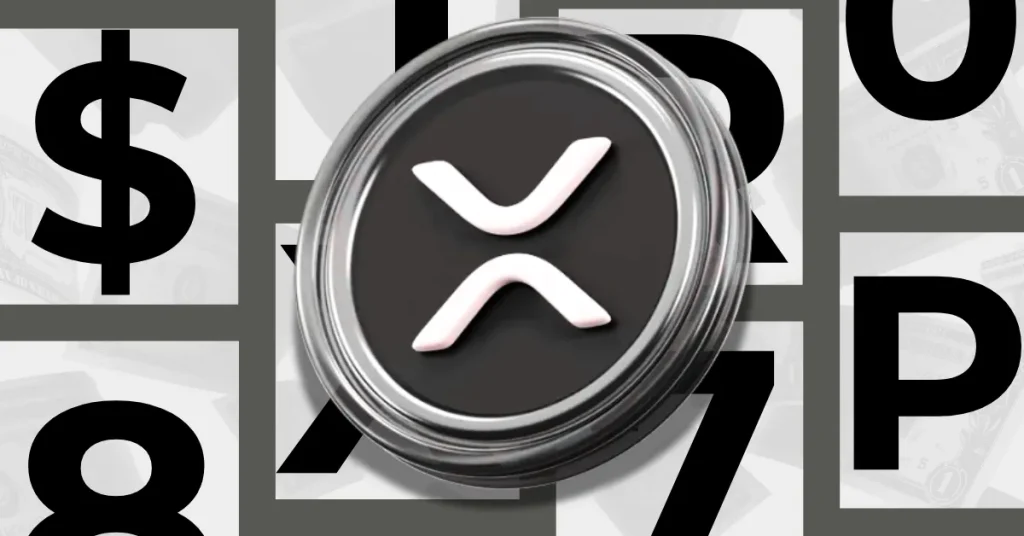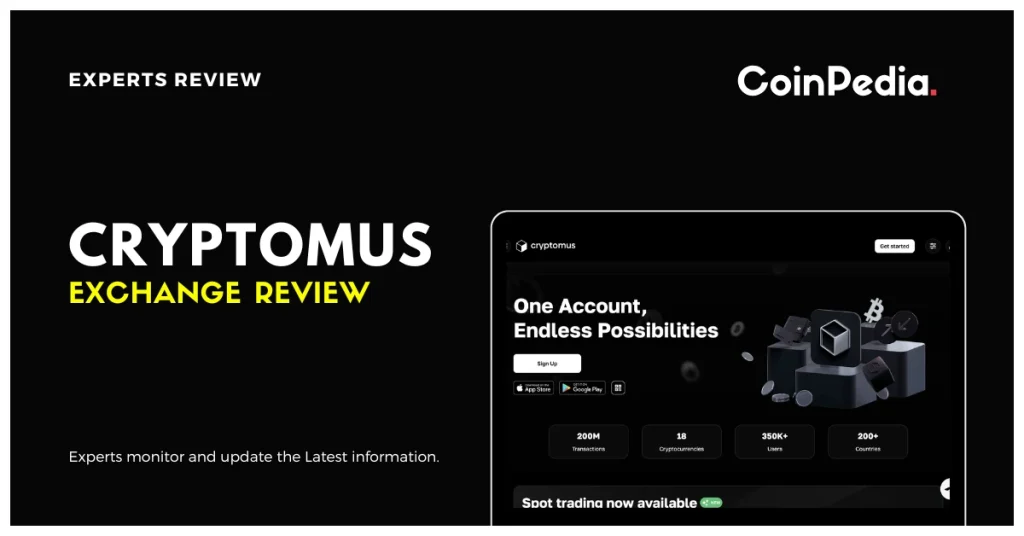ARTICLE AD BOX

- In a joint effort, Philippine banks are launching the PHPX stablecoin, harnessing Hedera’s DLT technology to facilitate real-time remittances and international payments.
- The PHPX stablecoin is the result of a collaboration among several banks, including Cantilan Bank, the Rural Bank of Guinobatan, Rizal Commercial Banking Corporation, and UnionBank.
The adoption of cryptocurrency as a financial alternative is on the rise in the Philippines, a nation known for its tech-savvy population and vibrant remittance economy. In a groundbreaking collaboration, multiple Filipino banks have announced plans to launch PHPX, a multi-issuer stablecoin built on the Hedera Distributed Ledger Technology (DLT). The PHPX token is expected to go live between May and July, pending final approval from the country’s central bank.
The Consortium of Banks in the Philippines comprises key players, including Union Bank, Rizal Commercial Banking Corporation (RCBC), Cantilan Bank, and the Rural Bank of Guinobatan. This initiative is spearheaded by Just Finance, a Singapore-based fintech startup, which leads the consortium in the development and governance of the PHPX stablecoin, with all participating banks playing significant roles in shaping its framework and governance.
In an interview with Ledger Insights, John Januszczak, CEO of UBX, revealed his openness to the concept of PHPX after being approached by David Inderias and Mikko Perez of Just Finance. “We need to create something that is publicly exchangeable so that we can support use cases outside of our own closed-loop ecosystem,” Januszczak stated.
Liquidity providers will support a multi-currency stablecoin exchange, allowing PHPX to be exchanged for major currencies such as USD, SGD, and JPY. This follows the Philippine SEC’s release of a draft for its ‘SEC Rules on Crypto-Assets Service Providers,’ aimed at regulating the growing crypto market. The proposal seeks to establish clear guidelines for trading, and public offerings of crypto-assets, defined as digital value representations using distributed ledger technology.
Key Features of PHPX
PHPX will be designed to go beyond domestic remittances by addressing the broader challenges associated with cross-border transactions. Additionally, a planned multi-currency stablecoin exchange will facilitate swaps between PHPX and stablecoins pegged to currencies such as the USD, JPY, and SGD. PHPX also has potential domestic use cases, allowing for seamless digital payment experiences in retail and point-of-sale (POS) transactions.
Furthermore, it emphasizes regulatory compliance, leveraging Hedera’s permissioned network to meet the Basel Committee’s low-risk crypto-asset requirements, with PHPX interactions adhering to the EU’s Markets in Crypto-Assets Regulation or equivalent regional standards.
A significant advantage of PHPX is its potential to bypass traditional interbank settlement requirements, which currently limit payments under the National Retail Payment System (NRPS) to around $1,000. Unlike traditional banking systems, stablecoin transactions settle in near real-time, offering an alternative to slow and cumbersome interbank processes.
The Philippines is the fourth-largest recipient of remittances globally, receiving $40 billion in 2024, which accounts for approximately 10% of its GDP. PHPX is also envisioned to support larger trade payments and point-of-sale transactions, providing a broader range of use cases.
.png)
 3 months ago
8
3 months ago
8








 English (US)
English (US)